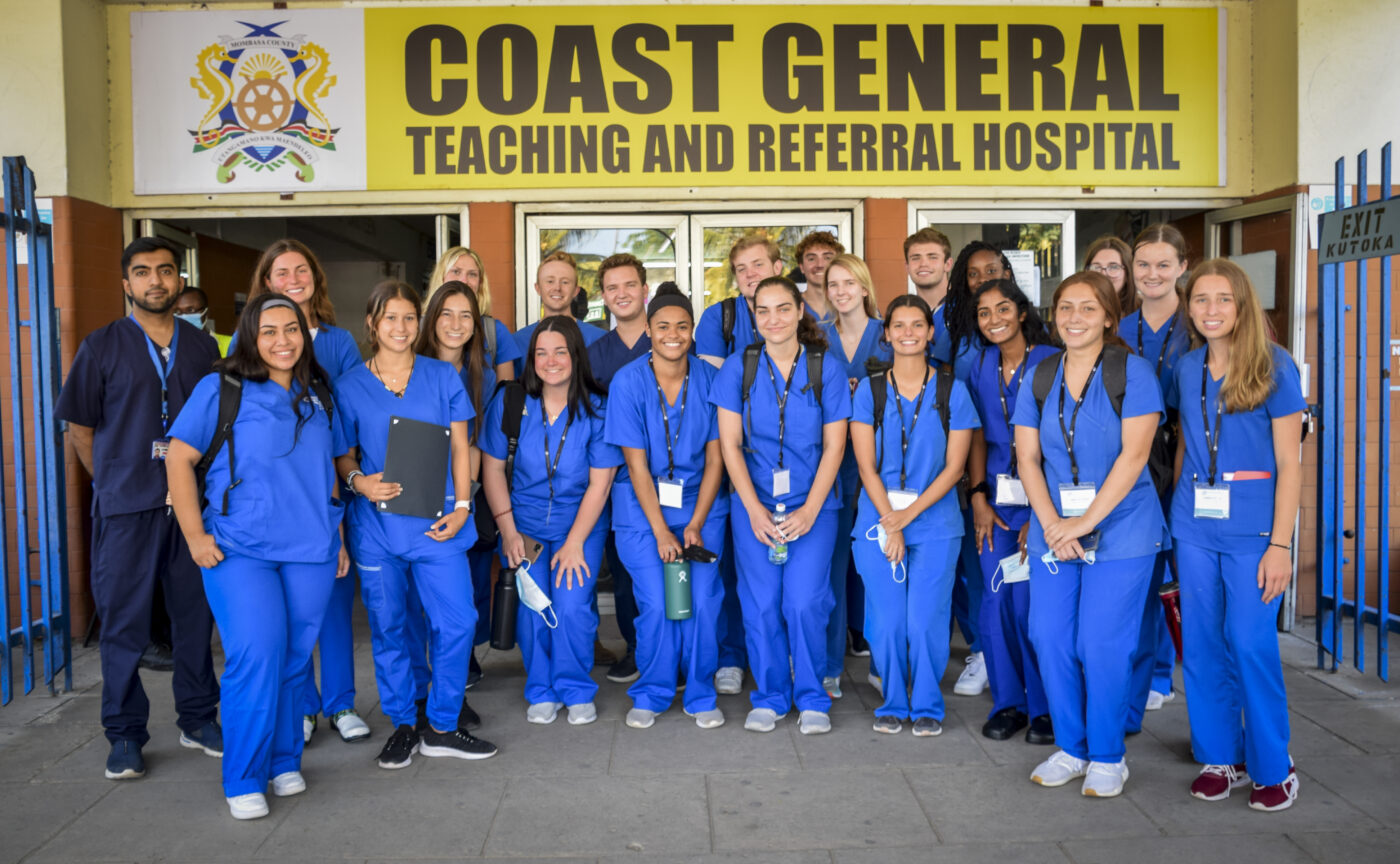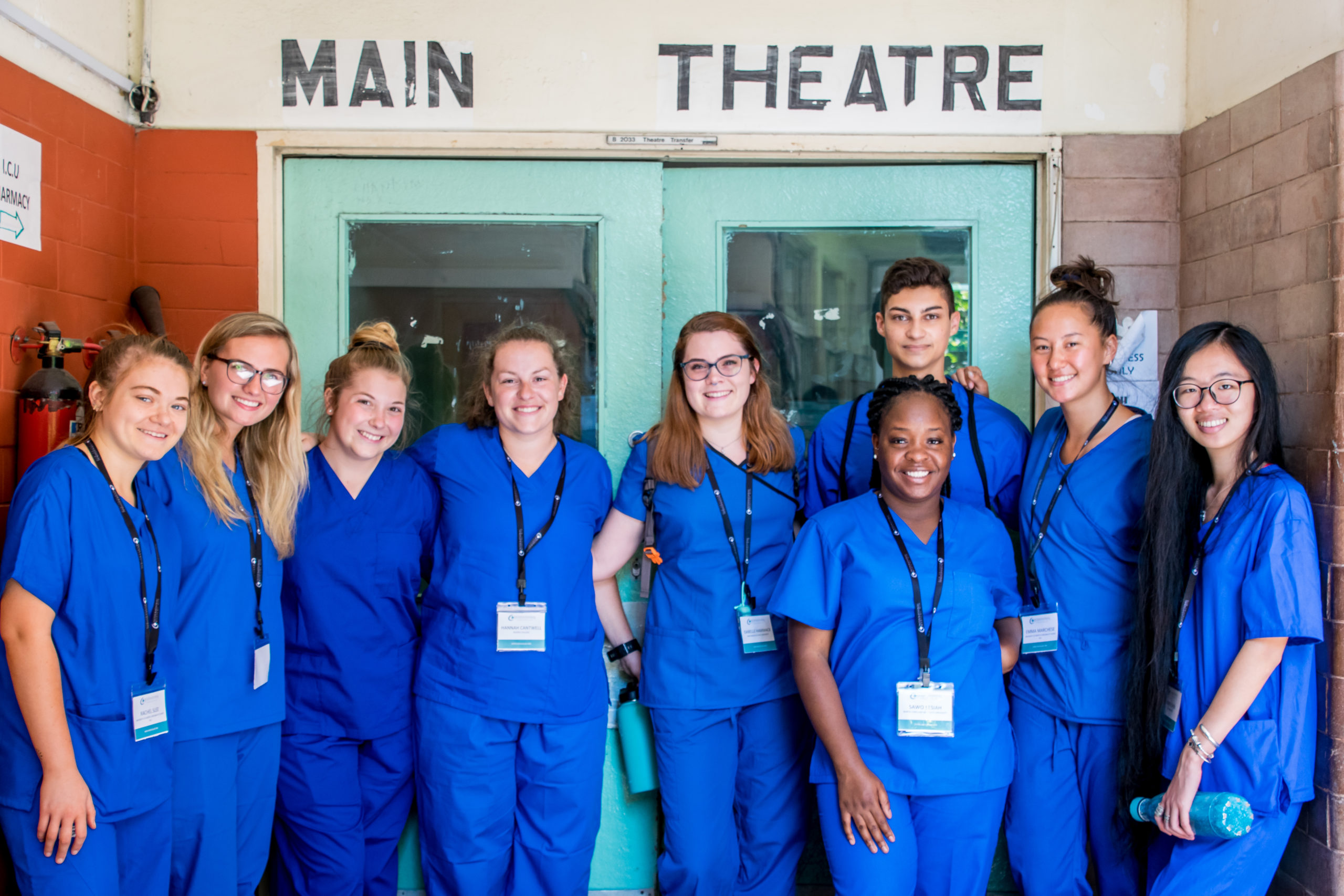International medical electives are vital to students’ medical education, with as many as half of the medical student body in a high-income country completing them. They provide firsthand experience in healthcare settings in other countries. Hence, it’ll require ample preparation as students will be away from home for a long time.
If you’re completing a medical internship abroad, here’s an in-depth look into the best possible ways to prepare.
Gather Travel Documents
No matter the purpose, traveling to another country always entails gathering travel requirements beforehand. One of the most important is a medical internship visa, which some nations require.
Foreign medical students planning to have their internship in the United States must apply for a J-1 visa, also known as an Exchange Visitor visa. Additionally, the work environment for interns must consist of no more than 20% clerical work and not be unskilled or casual labor. If the student is a graduate, they must not be a graduate for more than a year before starting the internship.
Some travel documents may only be secured upon arrival. For instance, Germany doesn’t require medical students from the U.S. to get an internship or training visa; however, they need a residence permit. The permit must be secured at the immigration office no later than two weeks after arriving in Germany.
Wherever you plan to complete your medical research internship abroad, the first step is to check with the country’s immigration authority for visa requirements. You can research online about the “medical internship visa” of the country in question.
Take Language Crash Courses
While around one in seven people worldwide can speak English, their fluency varies all over the place. Last year’s English Proficiency Index reported that only 31 of 112 surveyed countries, a little over 25%, have high to very high proficiency. Most of these countries are in western and central Europe, with only a few in Africa and Southeast Asia.
The medical community has iterated the importance of clear communication between patients and professionals. If neither of them understands what the other one’s talking about, it can lead to a serious risk of harm. It’s happened before, and there’s no reason for it not to happen again.
Experts recommend taking language courses as early as pre-med, if possible. If adding another subject to an already-packed schedule isn’t possible, conversation groups are viable alternatives. In some cases, mastering one major language opens plenty of doors. Spanish, for instance, lets interns practice in any of 20 Spanish-speaking countries.
The benefits of mastering languages other than English persist after returning from the internship. One in every four people in the U.S. is an immigrant or offspring of one, and experts estimate that figure’s poised to rise to one in three in over 40 years. Professionals with this advantage can treat more patients, whether they elect to practice overseas or in their home country.
“Control The Narrative” With a Good Resume
An internship is not a full-fledged job but requires a resume. As this document is an employer’s first point of contact, it must look presentable in content and form.
According to human resources experts, the key to landing an internship program is “controlling the narrative.” It sounds less nefarious than what you probably have in mind, as it’s all about telling a story that can make an intern stand out from the competition.
Key to such a resume for pre-med internships is the personal statement. This one or two-page portion of the resume outlines, in this context, the applicant’s inspiration for pursuing medicine and aspirations in entering an internship.
Writing a personal statement all boils down to providing answers to several questions, such as:
- What makes your life story unique?
- How did you decide to pursue medicine?
- What goals do you intend to accomplish?
- How did you overcome unique hardships?
- What specific skills do you possess?
- What makes you a better choice than others?
Additionally, since an intern will barely have formal job experience, their resume must focus on creating an impressive educational background. This part involves more than mentioning where you went to high school or college. Moreover, it should contain accomplishments such as involvement in medical research or outreach programs, among other things.
Final Thoughts
Overseas medical internships offer a unique yet enriching experience, but qualifying for one is no walk in the park. Take your time getting ready by gathering the required documents, learning a new language or two, and drafting an impressive-looking resume.
Above all else, don’t hesitate to ask for professional help. Visit this page to learn more about how our overseas internship programs work and how they can benefit you.




